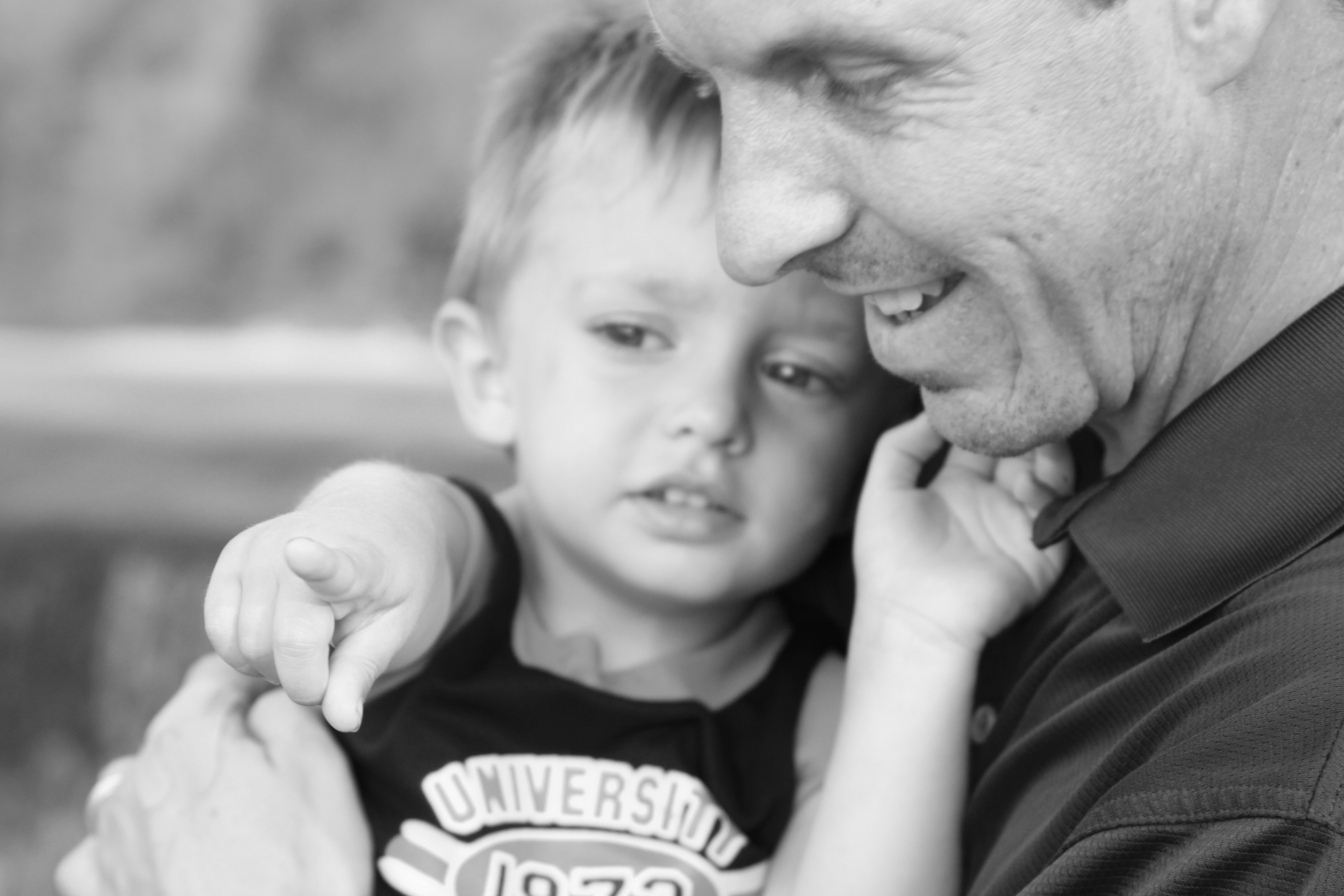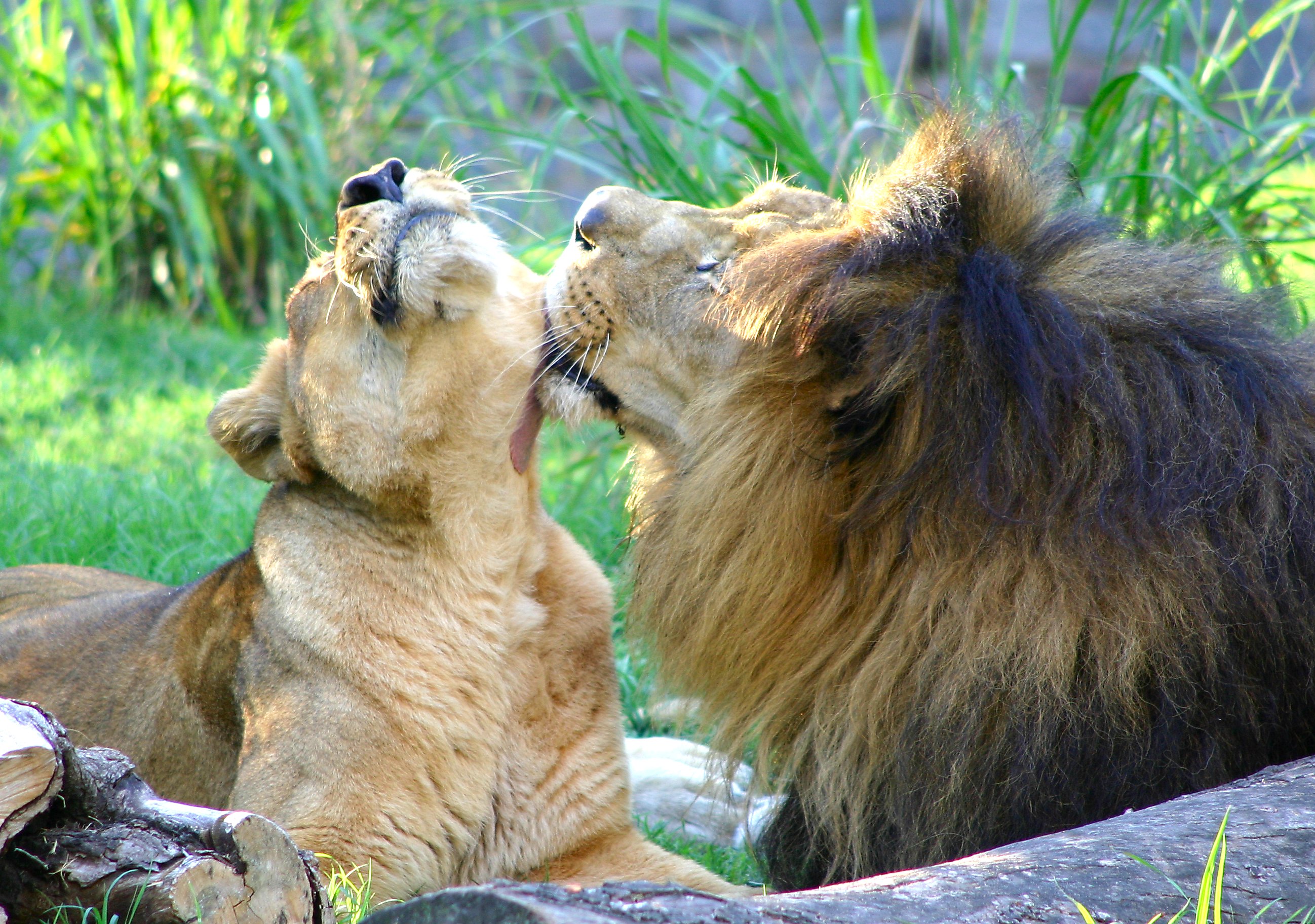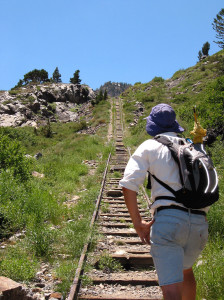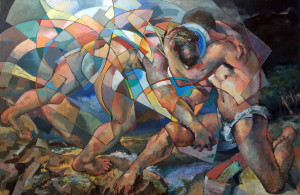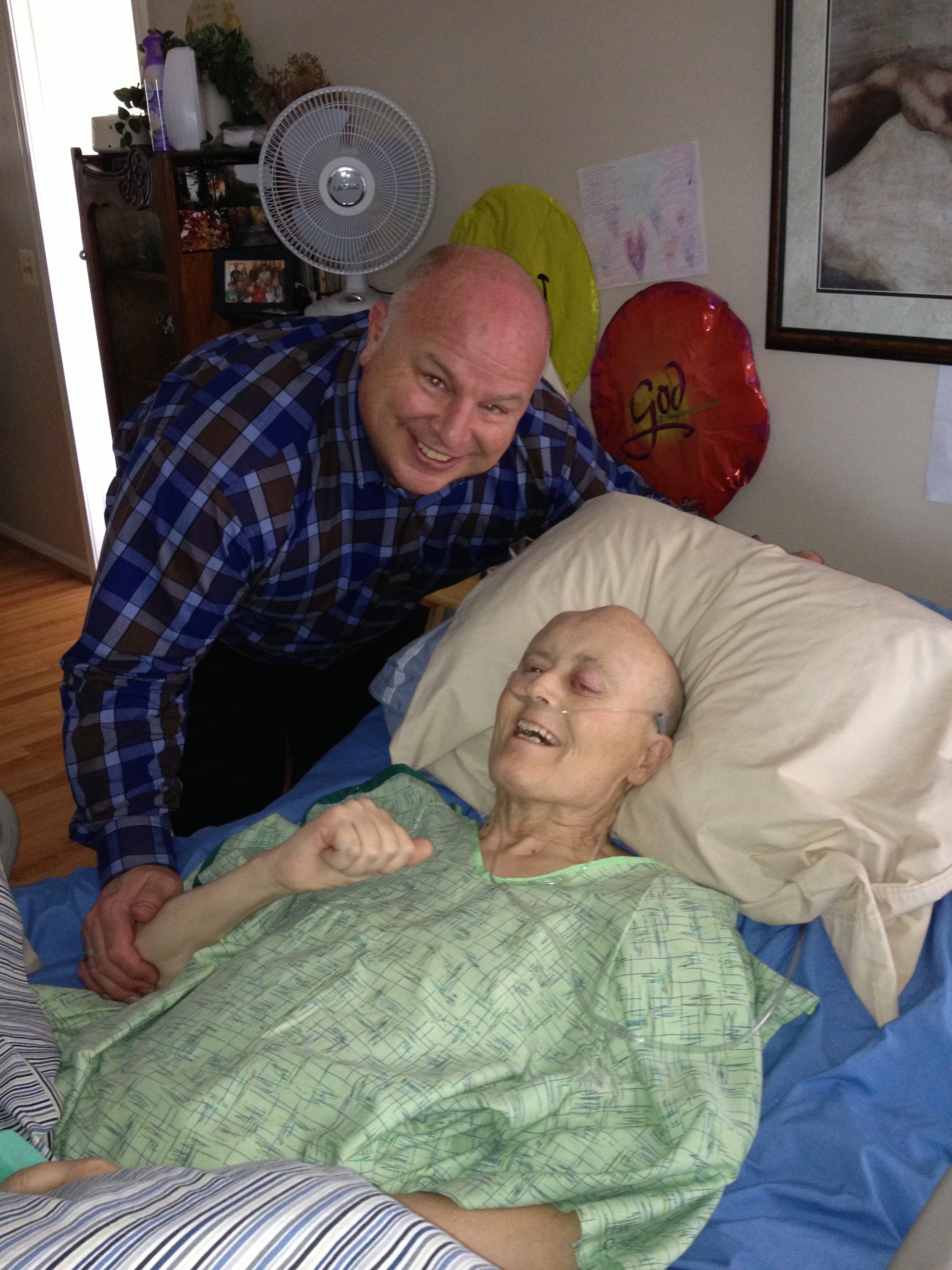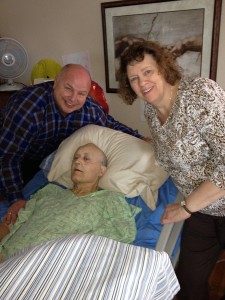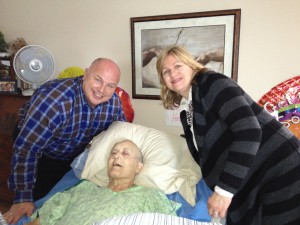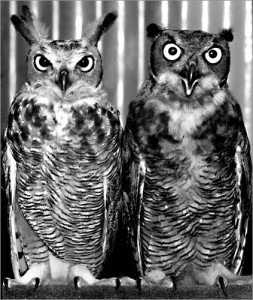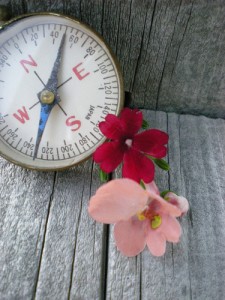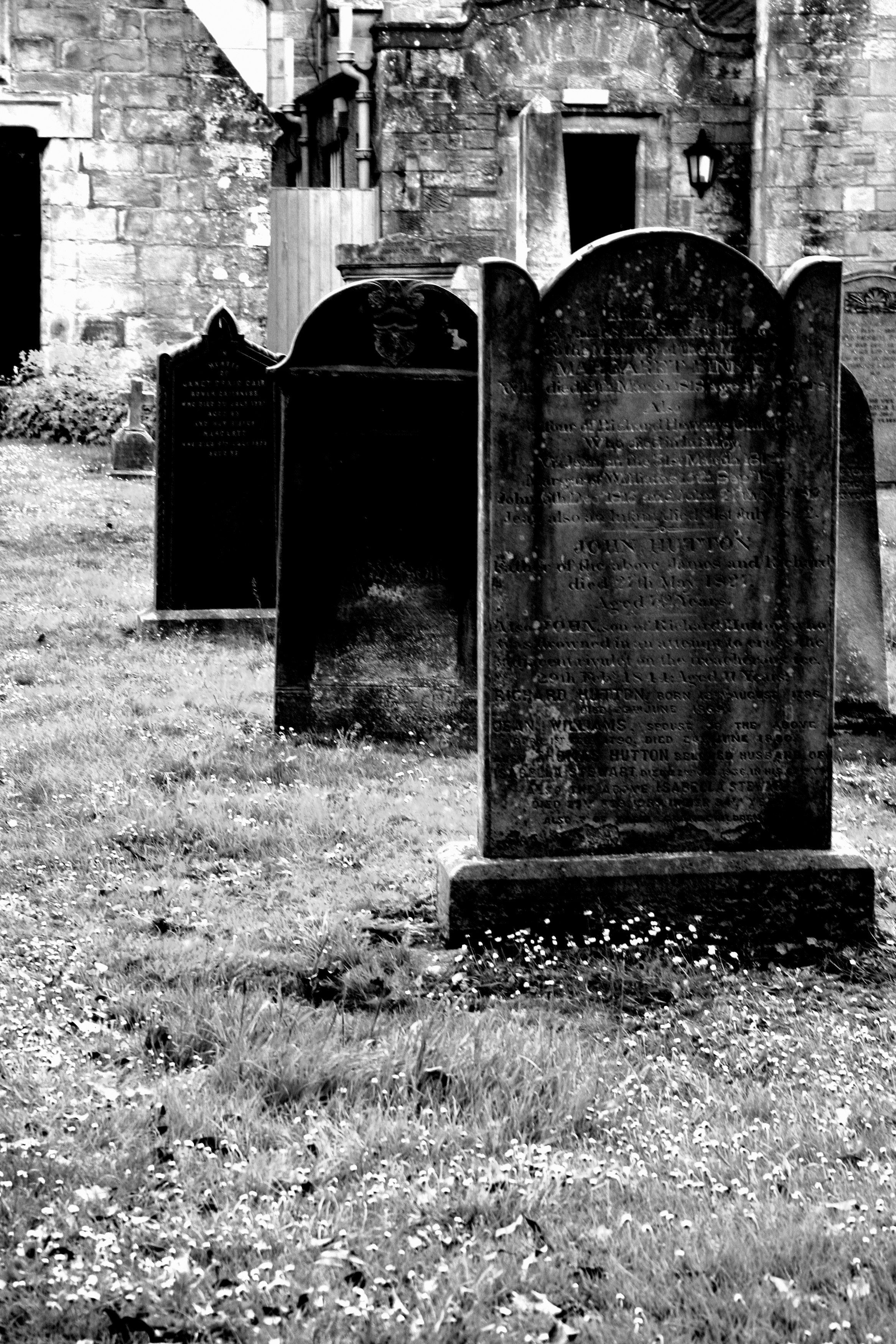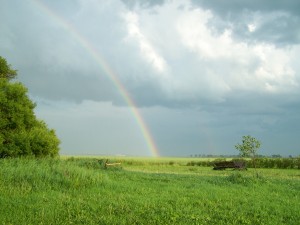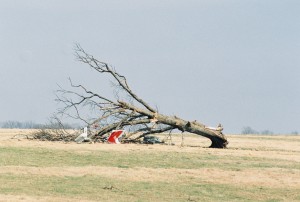Ultimately nothing is more important than whether our yearning for unconditional love and acceptance has the hope of fulfillment. In the end all of our successes and victories amount to very little in comparison to a life without the giving and receiving of love. This hunger for unearned love is at the heart of grace. What I believe continues to draw us to Jesus is his unwavering compassion for every single one of us. One of the favorite love stories told by Jesus was the Prodigal Son (Luke 15: 11-31). Enjoy this excerpt from Surprised by God: A Journey of Divine Discovery, Chapter 3, Grace.
No matter how many times we read a story such as the prodigal son, the father’s unconditional acceptance and loving embrace only penetrates the surface of our fears and limiting beliefs. Maybe for other people, we tell ourselves, but not us: “If I revealed my true nature—what I really think, feel, and believe―then God would not like me and possibly reject me. And then where would I be?”
The truth, however, is that God knows all about us, no matter how well we think we’ve kept our dark side hidden, and no amount of “good deeds” will win us any points with him. Although God desires that we follow his principles and obey his commands, his love for us is a completely separate issue irrespective of our conduct. It is the result of his choice to be true to his nature and not the result of our deserving it by our good behavior.
Yet foundational to any relationship—with God or another person―is trust. To be in a genuine, authentic relationship we have to trust that the other person will accept us as we are and forgive us when we fail, which we inevitably will. Before we can really risk being authentic with others, we must embrace and digest the marvelous truth that we are completely and unconditionally loved.
It is a choice for us to make, and it requires faith. I tell people all the time that I cannot “prove” that God loves them or me. It is a decision I make by faith. There is evidence to support either position: that God is loving or he is not. Our choice is what we are going to focus on, and on which body of evidence we are going to base our faith. Only when we feel secure in his love can we choose to love ourselves and risk being ourselves.
From a spiritual sense, we do not have the capacity to trust that leap without grace. It is what allows us to look at ourselves and our relationships in the light of truth. With grace we are emboldened to take the first step to being real, which is to understand how valuable it is to be true to ourselves.
Join us in this discovery of the divine both inside us as well as all around us. Let yourself be surprised by God in each and every moment. Check out the life transforming work we are doing at the Center for Christian Life Enrichment. Please get your own copy of Surprised by God and recommend it to a friend. Initiate meaningful conversations about the love and joy available to us as we grow in grace.
